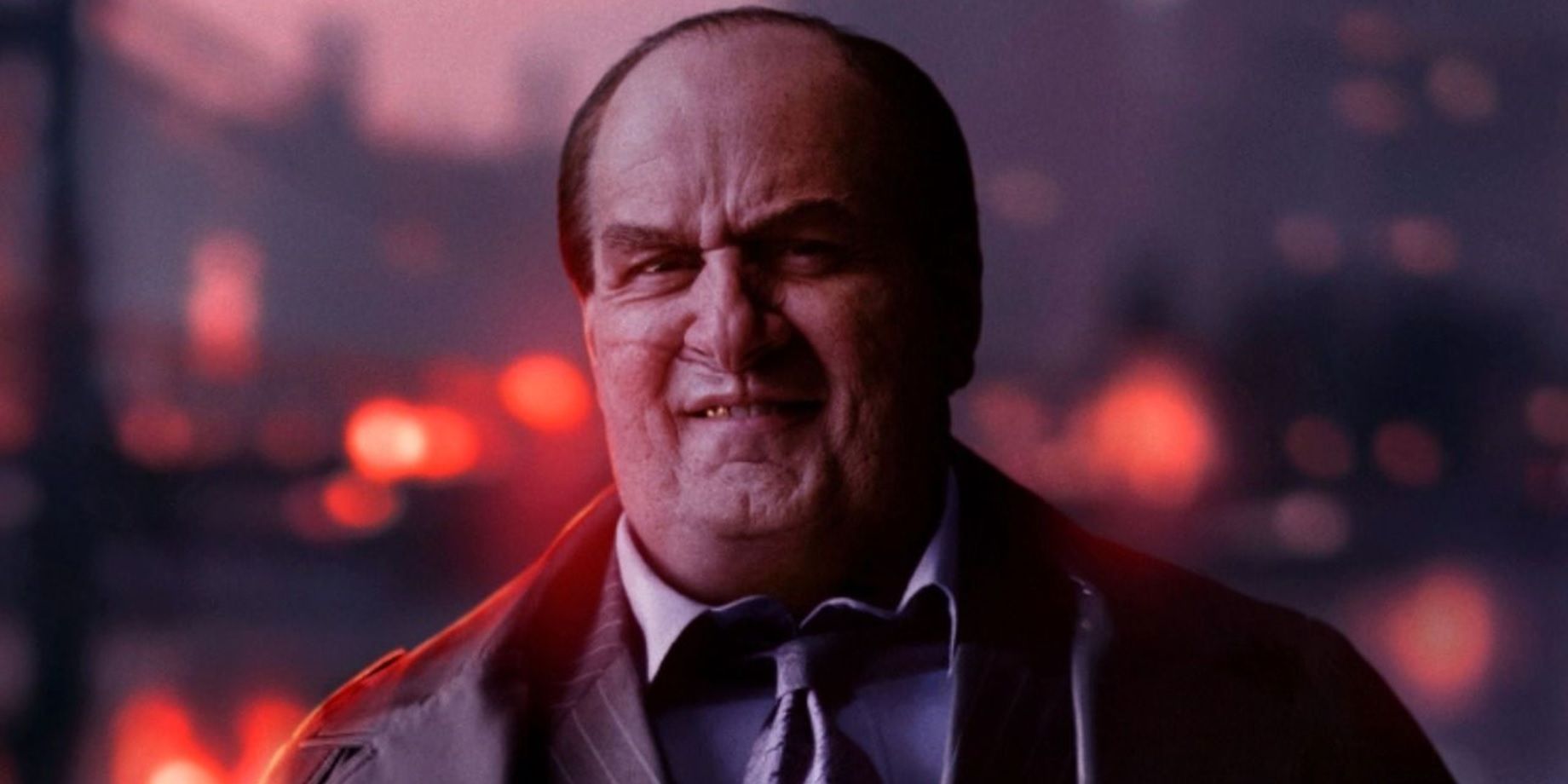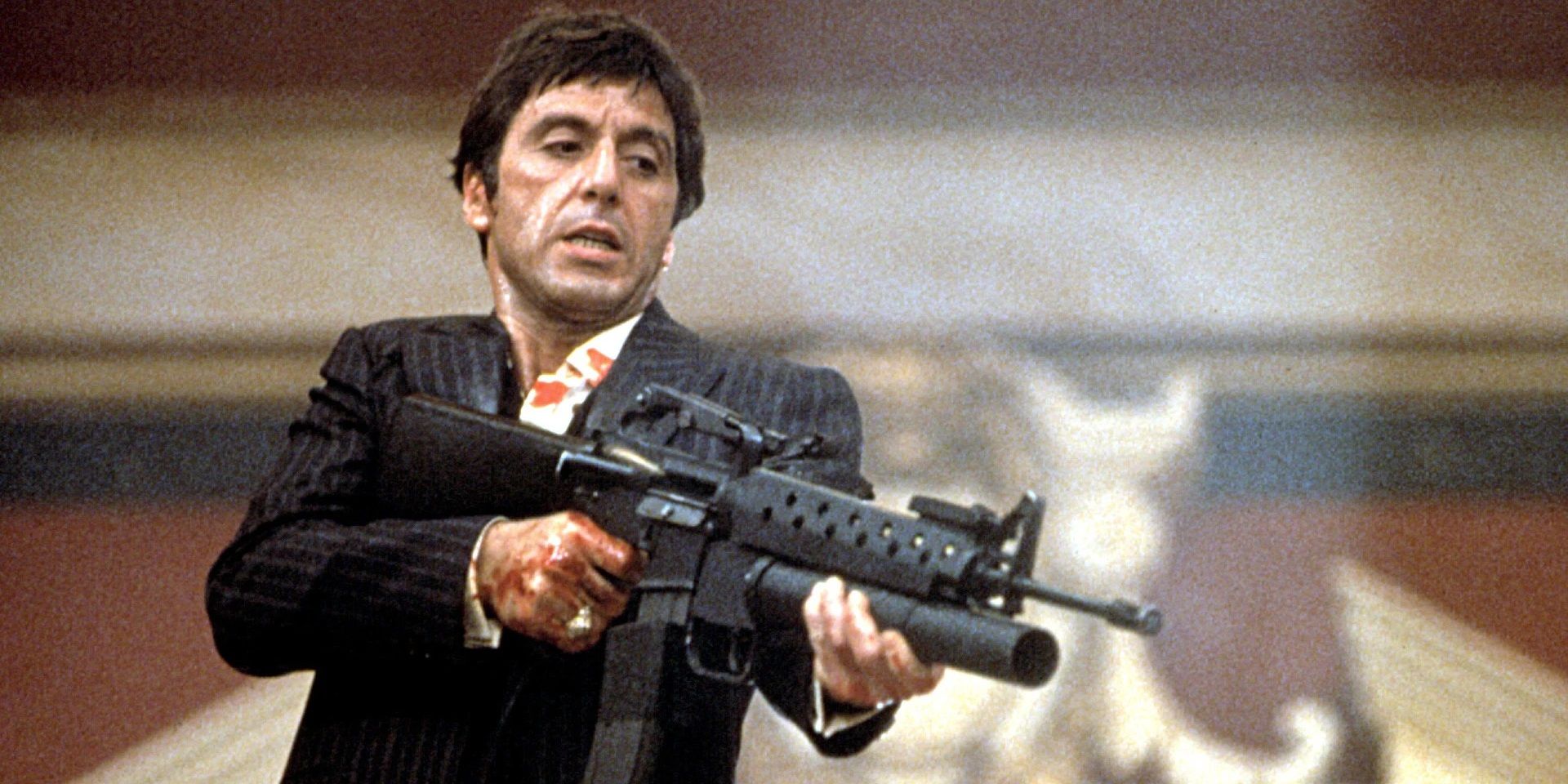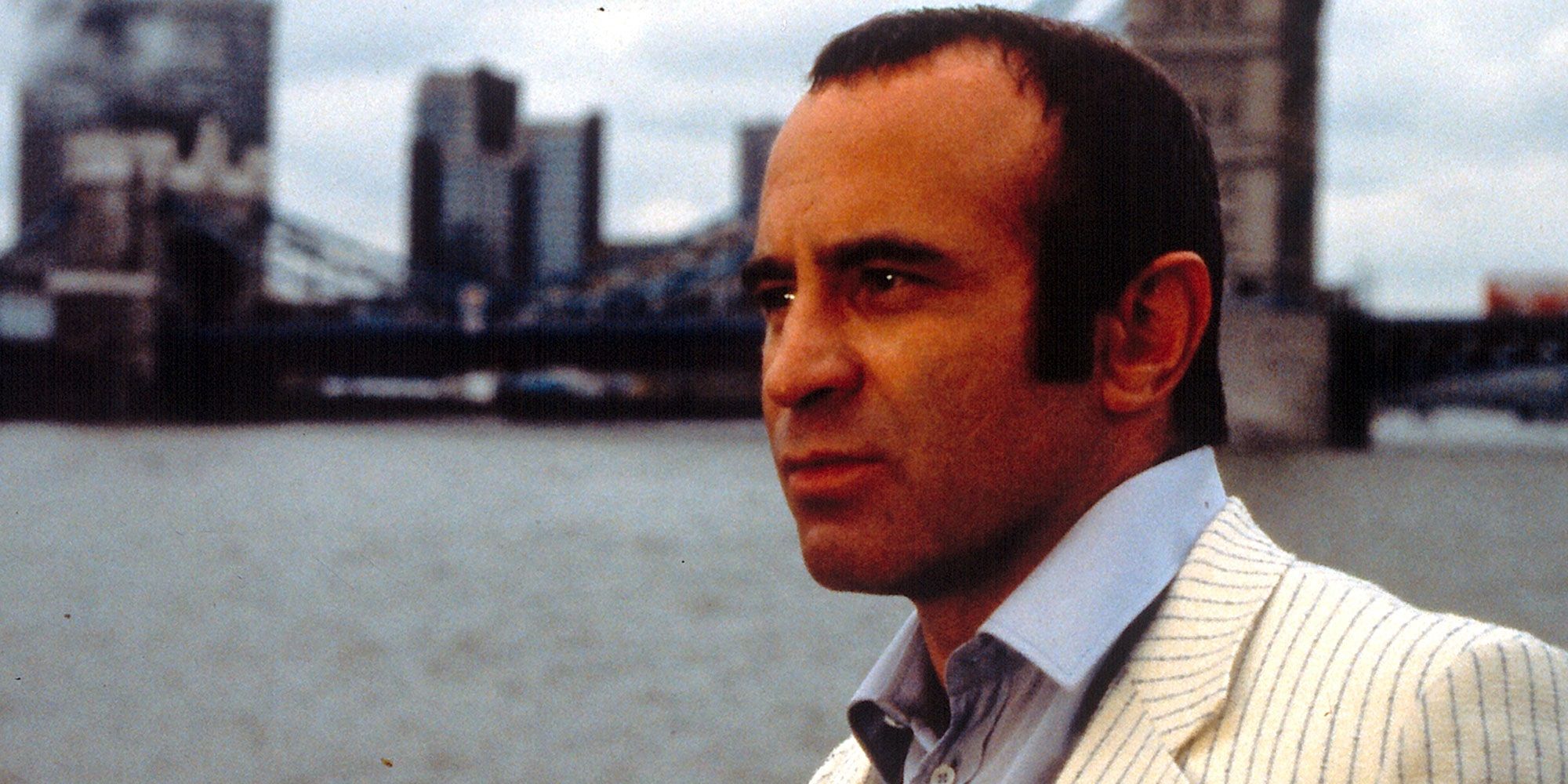Warning: This article contains spoilers for The Batman (2022).
Amidst the box office success of Matt Reeves’ The Batman, Warner Bros. is launching a Bat-centric cinematic universe – spearheaded by Reeves himself – incorporating two direct sequels that will round out a new Batman trilogy and two streaming spin-offs being developed for HBO Max: a horror series set at Arkham Asylum and a crime series chronicling the Penguin’s rise to power. An Arkham-set haunted house show sounds like a grisly delight, and it’ll be interesting to see Robert Pattinson’s brooding, isolated Bruce Wayne evolve over the course of a trilogy, but The Penguin is perhaps the most intriguing spin-off being developed from The Batman.
Paul Dano’s Zodiac-inspired Riddler filled the role of The Batman’s main antagonist, but Colin Farrell stole every scene as the supporting villain. Whenever Farrell pops up in Reeves’ mostly humorless neo-noir epic, his dry wit marks a refreshing change of pace. Farrell’s recognizable features disappear under all the prosthetics, but the actor himself also disappears into the role of Oz. This version of the Penguin is more than just a snarling comic book archetype; he’s a hotheaded mafioso who wouldn’t be out of place in the cast of Goodfellas. At the end of The Batman, following the Riddler’s assassination of Carmine Falcone, the Penguin is shown to assume his office in the Iceberg Lounge – and, presumably, his position as the head of Gotham’s most notorious crime syndicate.
The Batman introduced a Penguin before he was the fearsome criminal overlord of the city, when he was still a low-level mobster. His upcoming spin-off – ordered to series at HBO Max with Farrell reprising his role as Oz – has the chance to explore his origins in more depth than ever before. In an interview with Deadline’s Hero Nation podcast, Reeves named two classic crime films as influences on his vision for The Penguin: Brian De Palma’s Scarface and John Mackenzie’s The Long Good Friday. They’re both great movies (and a strong jumping-off point for a new gangster narrative), but what could these influences mean for the plot and tone that the series will follow?
The Penguin Series Will Be Scarface Meets The Long Good Friday
De Palma’s remake of 1932’s Scarface, one of the early genre-defining gangster movie classics, updated the story and characters of the Howard Hawks original to a then-contemporary ‘80s setting. Oliver Stone’s script presented the protagonist, Tony Montana, as a Cuban immigrant who arrives in Miami and works his way through the local drug ring to become the cocaine lord of the city. While the subject matter is totally different, the Scarface remake maintains the classic, time-tested rise-and-fall structure of the original. Tony starts the movie in a refugee camp and ends up in a big, lavish mansion, where it all comes crashing down with a blood-drenched shootout.
From the way that Reeves described the inspiration of Scarface on Hero Nation, it seems that the film’s biggest influence on The Penguin is the ironic rise and fall of an underdog mobster: “There’s a great Penguin story that’s an American Dream/Scarface story of a guy who is underestimated; how nobody thinks he’s capable of doing anything, who believes in himself with a visceral violence.” In The Batman, Oz is depicted as an underdog. He has some pull in the Gotham underworld and refuses to be intimidated by Batman, but he still has a long way to climb up the power ladder. He doesn’t embrace his “Penguin” moniker; he hates being called the Penguin and having his physical imperfections pointed out – just like a certain Cuban drug kingpin with a scar on his face.
One of the most acclaimed British crime films ever made, The Long Good Friday is structured very differently than Scarface. It doesn’t tell the rise and fall of a criminal figure covering years of their life with all the highs and lows laid out in snappy montages. Released in 1980 (but produced in the late 1970s, reflecting many sociopolitical issues of the ‘70s like police corruption and the threat of terrorism), The Long Good Friday tells a suspenseful, fast-paced, sharply constructed, singular narrative across a few days as the walls start closing in on a mob boss who realizes there’s a mole in his organization.
Bob Hoskins gives one of the best performances of his career as hard-as-nails gangster Harold Shand, whose closest confidants start getting picked off one by one on the eve of a crucial meeting with American mobsters. He realizes there’s a traitor within his ranks and has to figure out who it is before it’s too late. Tonally, the groundbreaking gritty realism and distinctly pitch-black sense of humor in The Long Good Friday feel like a great springboard into a solo story for this version of the Penguin. Whatever happens with the Penguin’s spin-off, it’ll be a joy to see Farrell’s scene-stealing Oz at center stage – and if the tone and storylines are anything like Scarface or The Long Good Friday, fans are in for a treat.



